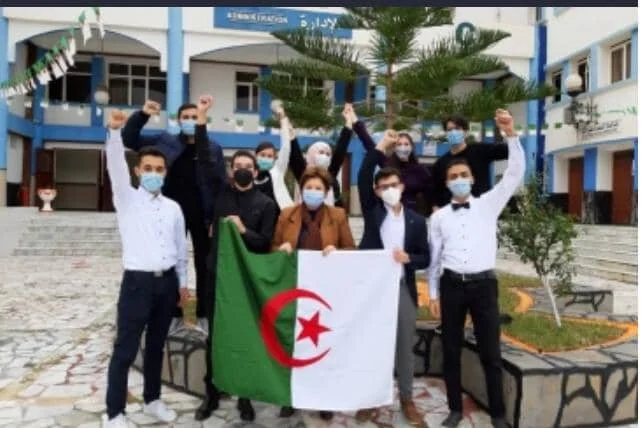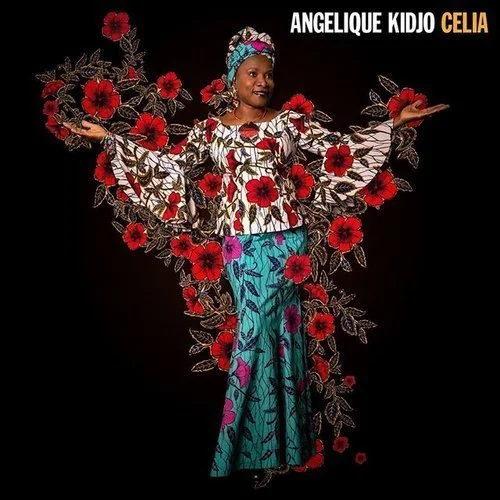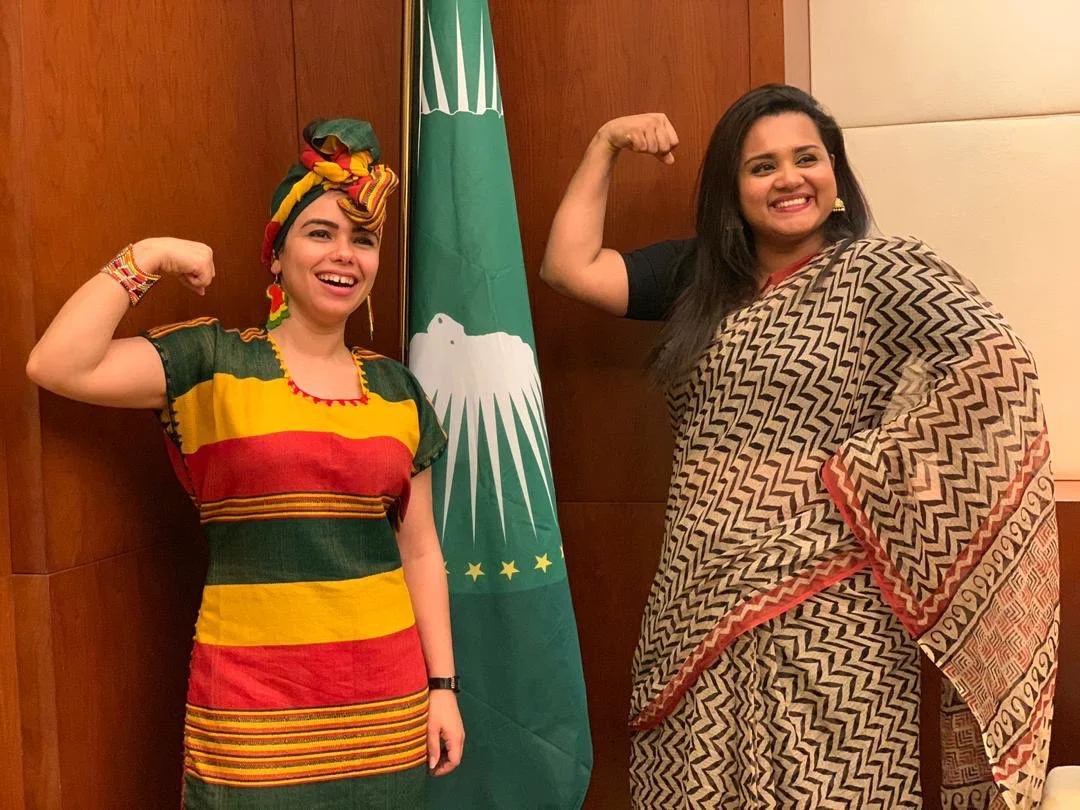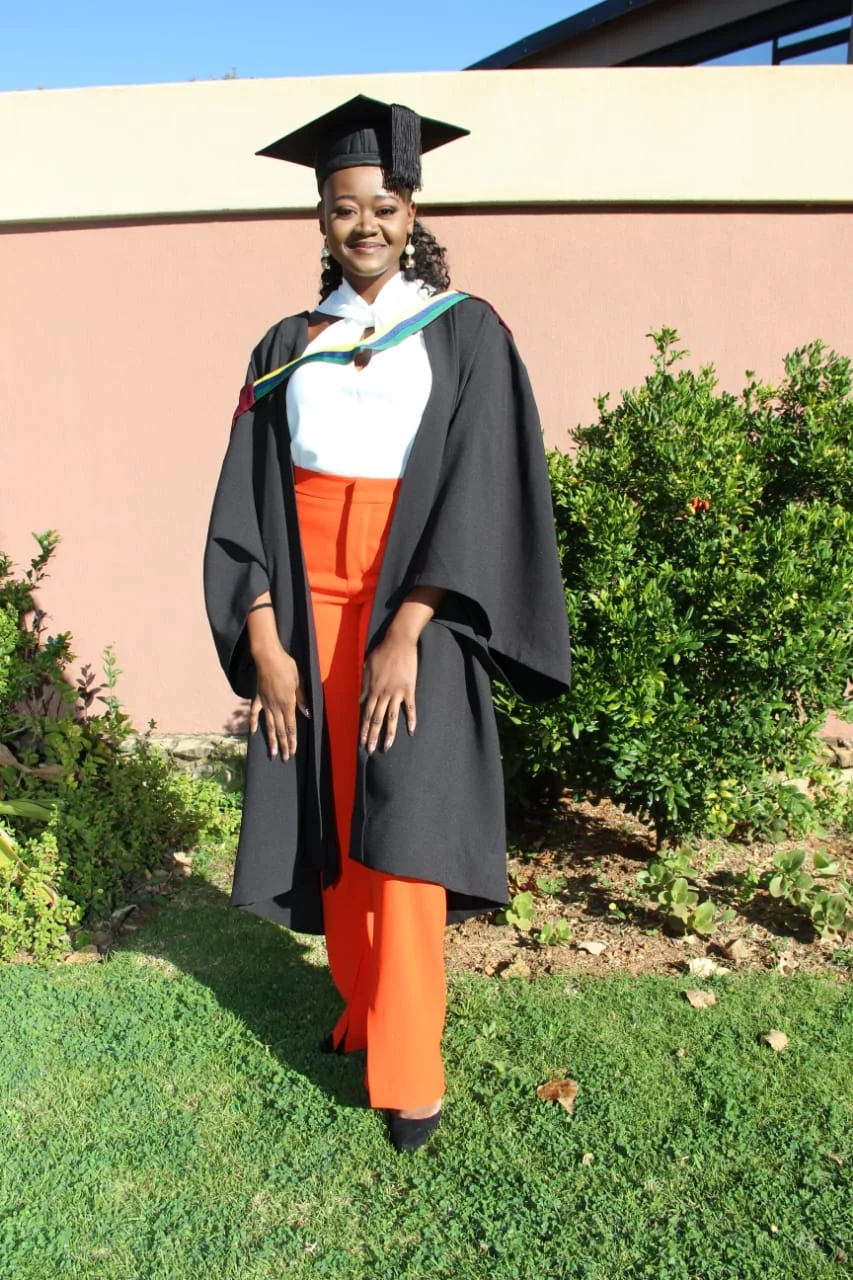The 7th EU-Africa Business Forum (EABF22) took place online from 14th to 18th February 2022 and in a hybrid format on the 16th and 17th of February 2022, at The Square, in Brussels (Belgium). The Forum was jointly promoted and sponsored by the European Commission and the African Union Commission and organized in partnership with the Pan-African business organizations Africa Business Council, Pan African Chamber of Commerce and Industry, AfroChampions, Business Africa, and the PanEuropean business organizations Business Europe, European Business Council for Africa and the Mediterranean, Eurochambres and European Entrepreneurs CEA-PME.
Unlocking Finance To Build Forward Better From The Covid-19 Crisis & Accelerate Delivery Of Sustainable Development.
The African government's economic crisis over the Covid-19 Pandemic equals (1 to 7)% of their GDP, contributed by African Governments deploying fewer funds and measures for high-quality recovery. At The Youth Café, we believe that there is a need for financial education. This will increase unlocking finance to build forward better from COVID-19 and accelerate delivery on Sustainable Development as intended: To identify effective measures to address the overarching challenge of mobilizing adequate and sustainable finance to invest in sustainable recovery from the COVID-19 crisis and accelerate the implementation of the 2030 Agenda and Agenda 2063. To identify and articulate the financing needs and provide high-level insights on opportunities to mobilize finance, focusing on the role of the Liquidity and Sustainability Facility designed and launched by ECA and partners.
The Youth Café At The Voluntary National Review-Voluntary Local Review Workshop.
Voluntary National Review is a strategy based on the 2030 Agenda: Member states to "conduct regular and inclusive reviews of progress at the national and sub-national levels, which are country-led and country-driven. Like the 2030 Agenda of participation, The Youth Café strives for global connection, has reached over 72 countries, and is a local and national rope for achieving goals. The Youth Cafés principles are a call to action for governments, civil societies, private and public sectors, bi- and multilateral, and knowledge institutions. To invest in mutual prospects and work in partnership for sustainable development.
Shedding Light On The Hopes And Challenges Of Algerian Youth
Injaz(Arabic for achievement) is patterned after a US-based youth organization, Junior Achievement, which operates in many African countries, including Ghana, Nigeria, Tanzania, as well as in other regions of the world. Ms. Jaber, the Jordanian-born executive who now lives in Algeria, wanted to offer young people in Africa the opportunity to develop their business leadership skills, including business planning, critical thinking, and effective communication.
African Music on a Round Trip —From Cotonou to Cuba and Back | The Youth Cafe
BY FRANCK KUWONU
It’s Sunday night at Aba House, an open-air bar in Lomé, Togo’s capital, and stylish young men and women in modern African dress fill the dance floor as the bass guitarist pumps up the tempo. Powerful! Soulful! The lyrics are in Mina, a local language in southern Togo and parts of neighboring Benin, but the music is unmistakably Afro-Cuban, a genre with global acclaim. The weather is cool, the air filled with a misty marine breeze coming from the roaring Atlantic Ocean.
Young People can Capably Lead Africa Into the Future | The Youth Cafe
By Aya Chebbi, African Union Youth Envoy
Aya Chebbi of Tunisia is the first-ever youth envoy of the African Union. Her appointment in November 2018 boosts the AU’s efforts to include the talents and skills of the continent’s bulging youth population in achieving its Agenda 2063, a framework for Africa’s socioeconomic transformation. Ms. Chebbi is expected to promote, among other issues, youth leadership and participation in governance, gender equality, safe migration, employment and climate change action. Raphael Obonyo, a youth activist, interviewed Ms. Chebbi for Africa Renewal on a range of issues affecting Africa’s young people. These are excerpts.
Good Education is the Foundation for Effective Female Leadership | The Youth Cafe
BY FRANCK KUWONU
African women’s restricted access to quality education, knowledge and resources is preventing them from gaining leadership positions on the continent, says Kafui Adjamagbo-Johnson, a veteran West African women’s rights activist. Another problem is that women—especially rural women—are allowed only limited control over finances, means of production and land. Consequently the pace of women’s empowerment remains slow, Ms. Adjamagbo-Johnson says.In an interview with Africa Renewal, Ms. Adjamagbo-Johnson reflected on decades of women’s political leadership, gender activism and professional engagement in Togo, her home country, and West Africa in general.
Preparing Africa’s graduates for today | The Youth Cafe
BY RAPHAEL OBONYO
Many Africans with advanced qualifications are finding their university degrees are just not enough to land a job in the current market. Ruth Rono graduated from Chuka University, Kenya, in 2015 with first-class honours. Without a job after many years of trying, Ms. Rono was forced to take menial jobs such as working on people’s farms.
Economic Empowerment of Women Good for All | The Youth Cafe
BY KINGSLEY IGHOBOR
Government staffer Souhayata Haidara enjoys talking about her life in a patriarchal society. Her career is a triumph of patience and perseverance, she tells Africa Renewal with a smile and a wink. Ms. Haidara, currently the Special Adviser to Mali’s Minister of Environment and Sustainable Development, says she was lucky not to be married off at age 14 like some of her peers. Her father resisted pressure from suitors and relatives and insisted that the teenager be allowed to complete high school before getting married.
Paying a High Price for Skin Bleaching | The Youth Cafe
BY PAVITHRA RAO
“I’ve been dark skinned for many years and I wanted to experience the other side. I wanted to see what it would be like to be white and I’m happy,” says South African singer Mshoza, whose real name is Nomasonto Mnisi. Mshoza is famous for her music—and now for her bleached skin. She initially sought to bleach her hyperpigmentation (dark patches on the skin) but then decided to maintain a light complexion overall.








